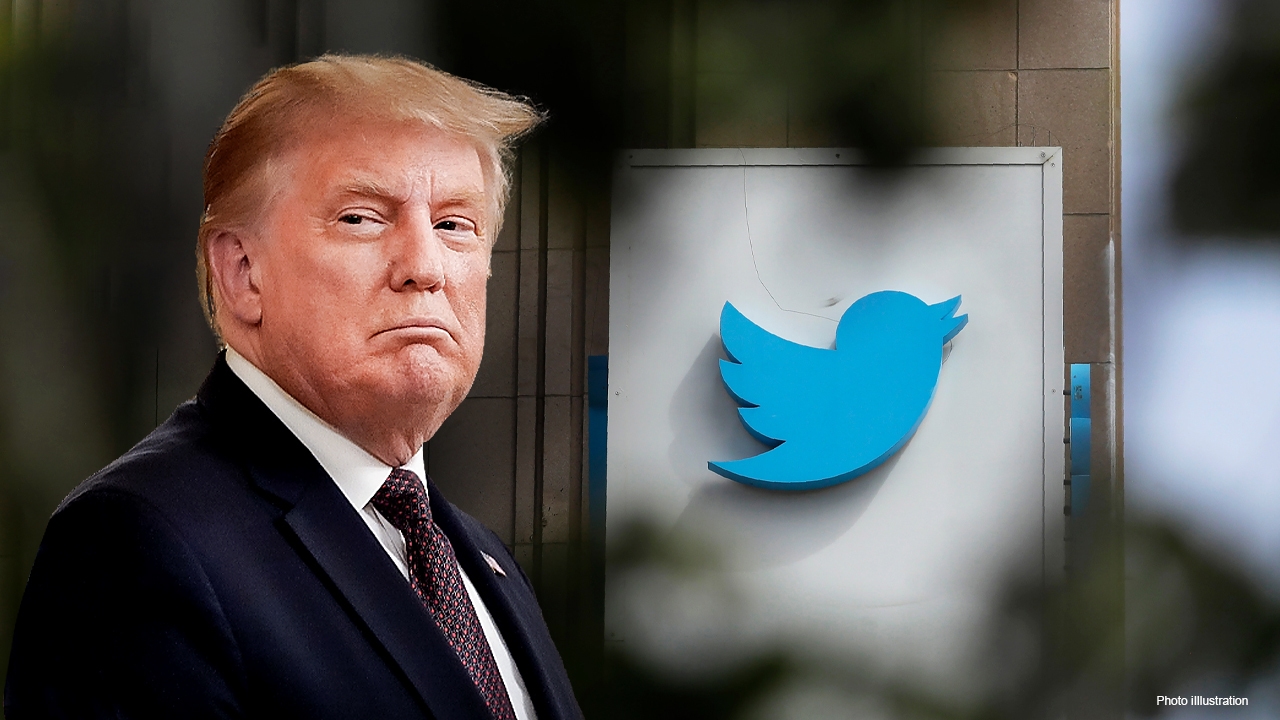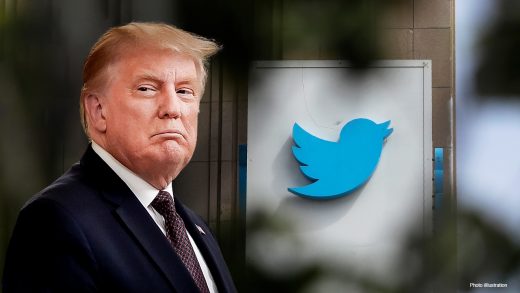Texas AG And Twitter Continue Feud Over Trump Ban
Texas AG And Twitter Continue Feud Over Trump Ban

Twitter, Facebook and YouTube blocked Donald Trump’s account in early January of 2021, shortly after his supporters rioted in an attempt to prevent the Senate from confirming Joe Biden’s presidential victory.
Ever since, Twitter has been battling Texas Attorney General Ken Paxton, who contends that he should be able to investigate whether Twitter violated a Texas law against false advertising.
Paxton’s apparent theory is that former Twitter CEO Jack Dorsey told the Senate on at least two occasions that the company’s editorial policies aren’t based on ideology.
Paxton — who has repeatedly claimed (without offering proof) that Twitter’s editorial decisions are ideological — argues that Dorsey’s statements were a form of “commercial speech” that could subject the company to liability, if untrue.
As part of Paxton’s investigation, he demanded that Twitter (along with Google, Facebook, Amazon Web Services and Apple) provide him with detailed information about their editorial policies.
Twitter sought a court order blocking the probe, arguing that Paxton’s demand for information interfered with the company’s First Amendment right to decide what material to allow on its platform.
A trial judge rejected Twitter’s suit as premature. After this, Twitter asked the 9th Circuit to revive the complaint. A three-judge panel of the 9th Circuit ruled against Twitter earlier this year.
Twitter then sought a new hearing in front of a larger panel of 9th Circuit judges.
This week, Paxton opposed that request. He has made several arguments, including that he is not investigating Twitter for its content policies, but for what it said about them.
“If Twitter has misrepresented facts about its content-moderation policies, and its customers have relied on those statements, then Twitter has committed fraud — even if the content-moderation decisions themselves are protected,” Paxton argues to the 9th Circuit in his newest papers.
He also notes that Google lost a similar battle with Mississippi Attorney General Jim Hood, who subpoenaed information from the company about copyright infringement by companies that appear in the search results.
Google sought a court order blocking the investigation, but the 5th Circuit Court of Appeals ruled that Google’s move was premature, given that the company went to court before Hood attempted to force the company to comply with the subpoena.
This current battle between Paxton and Twitter is only part of a much broader fight over social media platforms.
Texas recently passed a law that prohibits Twitter, YouTube and Google from suppressing any legal posts based on “viewpoint.”
Tech companies say that measure clearly violates their First Amendment right to decide what to publish on their platforms. A trial judge agreed and blocked the law, but the 5th Circuit Court of Appeals lifted that block earlier this month.
The tech industry filed an emergency appeal to the Supreme Court, urging it to immediately reinstate the block.
As of Thursday afternoon, the Supreme Court has not acted on that request.
(14)


